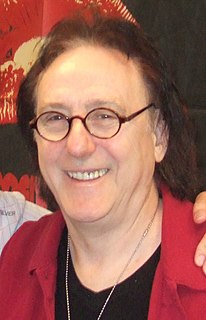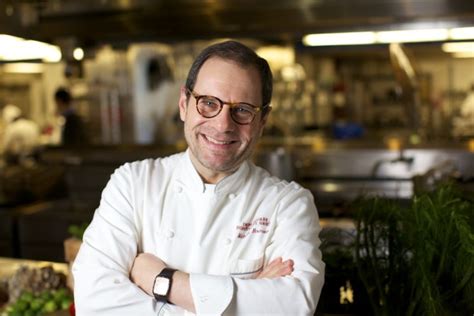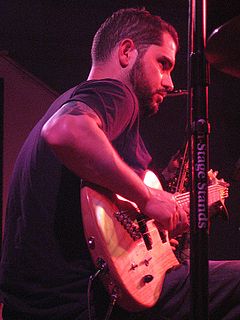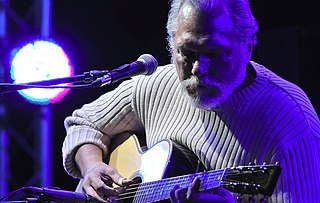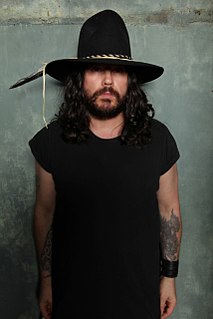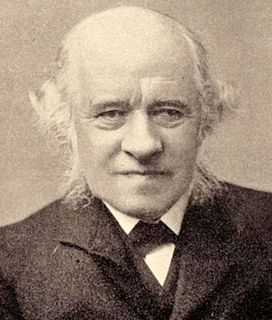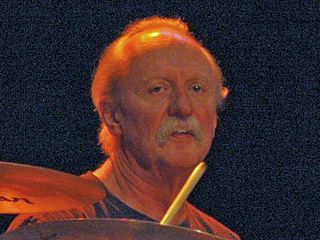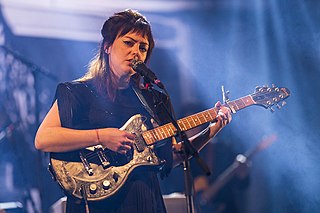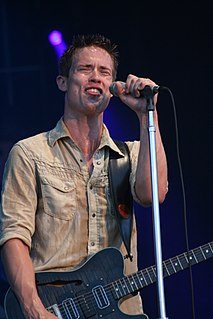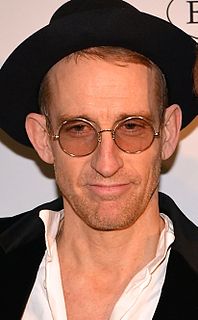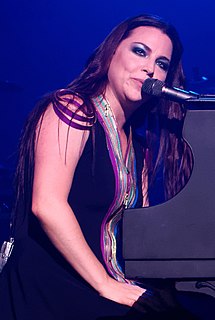A Quote by Denny Laine
The thing is, I was more blues-oriented, more of a purist than in the pop world. That led me into a folk rock trio and to Ginger Baker before I started recording on my own.
Related Quotes
I remember the first time I was booked into a jazz club. I was scared to death. I'm not a jazz artist. So I got to the club and spotted this big poster saying, 'Richie Havens, folk jazz artist.' Then I'd go to a rock club and I'm billed as a 'folk rock performer' and in the blues clubs I'd be a 'folk blues entertainer.'
In high school I was in a band called Goodfight, but it was more me running around on stage. It was very punk inspired. Then I started to get into indie-rock and older music and decided I wanted to write my own stuff. I quit the band. Around 16 or 17, I started recording myself at home on keyboard and piano.
